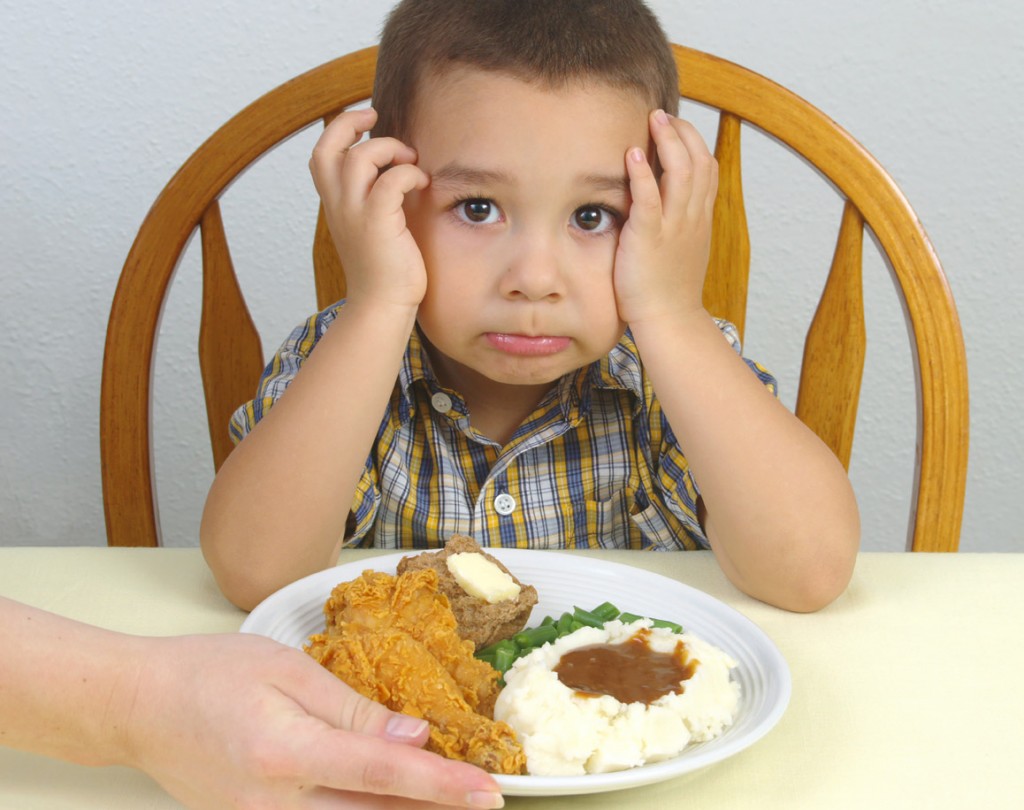Does Your Child Have Childhood Apraxia of Speech (CAS)?
Imagine this. You’re in your office, preparing to make yet another cold call to sell whatever it is your company sells. You dial the prospect’s number and run through the sales pitch in your head. All of a sudden, you can’t deliver it. Your brain knows what you want to say, but your mouth simply won’t say it. All that comes out is a couple of vowel sounds: “Aaa – ooo.” Sounds like a nightmare doesn’t it? This is what children with childhood apraxia of speech (CAS) deal with every day.
What Is Apraxia?
Childhood apraxia of speech is a motor speech disorder. It is a neurological developmental disorder that is present at birth. Children with apraxia understand what they are trying to say, but they have problems moving the oral motor muscles (lips, tongue, etc.) to produce sounds, syllables, and words.
Kids with apraxia of speech often (but not always) have low muscle tone (hypotonia), but this speech disorder does not arise from this condition. Rather, the brain has trouble telling the muscles to move in the right ways to produce speech.
What Causes It?
Researchers do not yet fully understand what causes childhood apraxia of speech. Some possible factors may be genetics or brain injuries. Many scientists believe that the brain simply cannot signal the muscles properly. Some researchers are trying to determine exactly which part of the brain might be involved in apraxia.
What Are the Symptoms?
Speech and Language Symptoms
If your child has apraxia of speech, the first warning signs are typically evident when he is still an infant. You may notice that he does not babble or coo. He is late to speak his first words, and the words that he does speak will likely use only a few consonants and vowels (i.e. they are missing sounds, particularly consonants). Abnormally long pauses between sounds, sound omission, and sound replacement are also signs of apraxia.
An older child’s speech may sound monotonous, choppy, or otherwise abnormal. Children with apraxia tend to have much better receptive language skills than expressive language skills. In other words, although a child cannot express himself properly, he understands much or all of what is being said to him. Children may also display more difficulty with longer, complex words, and have an easier time imitating speech than producing spontaneous speech. Kids with CAS tend to be very difficult to understand.
Other Symptoms
Children with CAS may also have trouble eating. They may have problems with coordination. They may be either overly sensitive or under sensitive with sensations in the mouth.
How Is It Diagnosed?
If you suspect that your child may have apraxia of speech or another speech disorder, bring him to a speech-language pathologist (SLP) for an evaluation. There is currently no cure for apraxia. However, speech therapy, such as the use of Speech Buddies, can help your child learn to communicate much more effectively.
The first step in diagnosis is to have your child take a hearing test to rule out hearing loss. A speech therapist will assess your child’s oral motor strength and evaluate his mouth coordination by asking him to smile, frown, and make similar movements. She will also pay close attention to his speech, checking for proper intonation, pitch, etc. The SLP will evaluate your child’s receptive and expressive language skills. If your child is diagnosed with apraxia of speech, work with his SLP to develop an intensive treatment plan.




